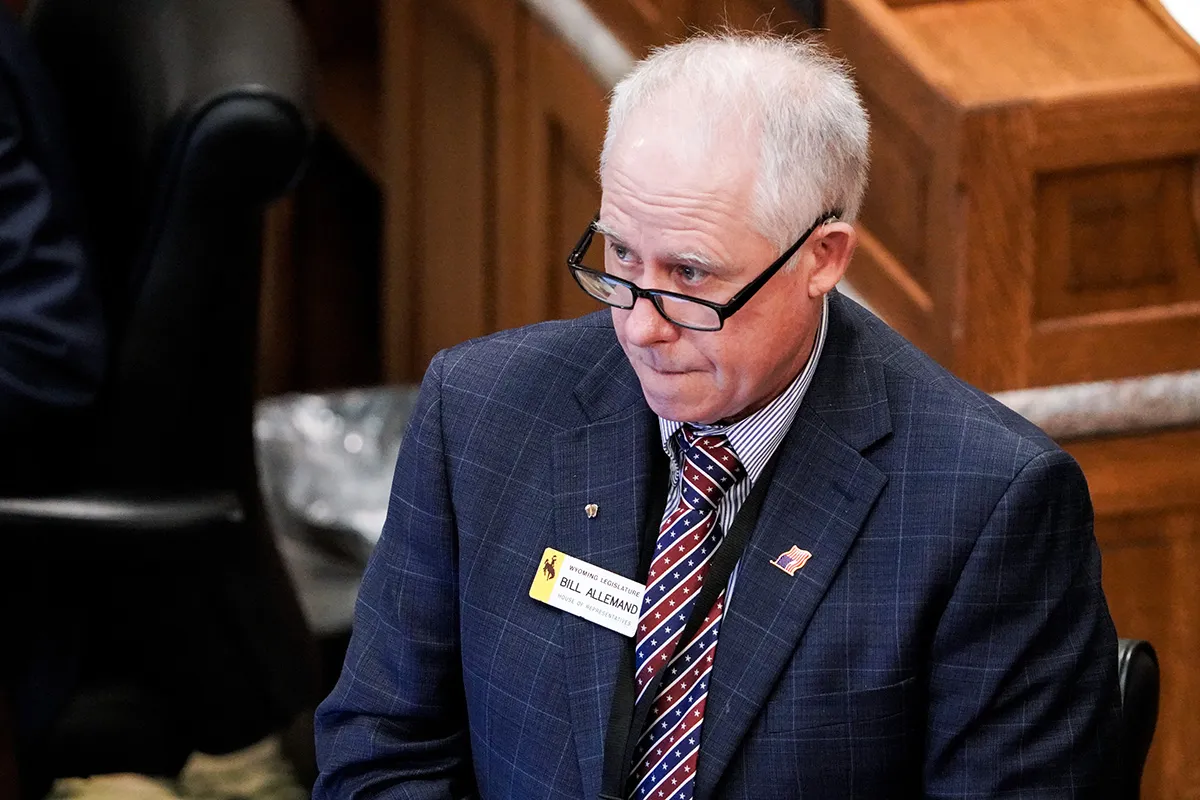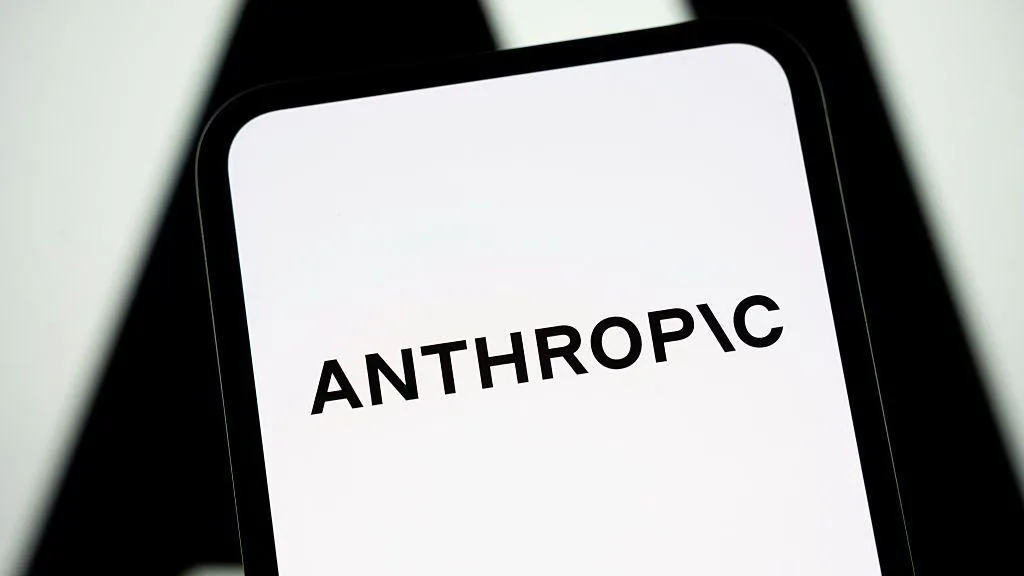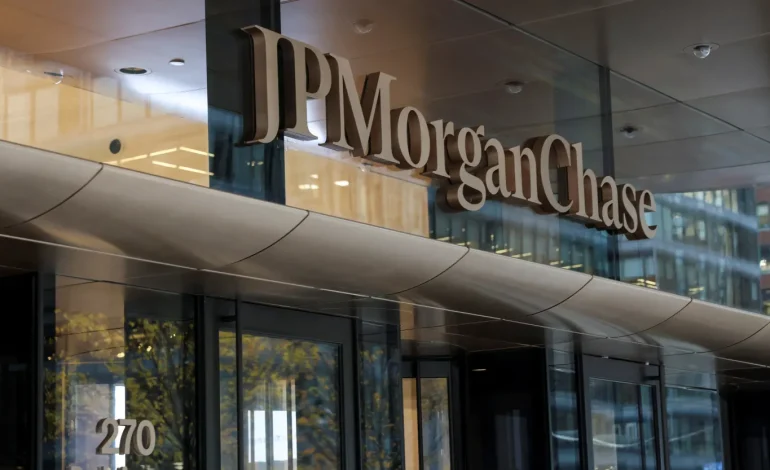The original story by Hugh Son for CNBC.
JPMorgan Chase has quietly reshaped the rules of open banking in the US — and it’s doing it by putting a price on the data that powers your favorite money apps.
The country’s largest bank by assets has cut deals with the key “plumbing” firms that sit between banks and consumer-facing fintech apps, locking in fees for access to JPMorgan customer data. Those middlemen include Plaid, Yodlee, Morningstar and Akoya, which together handle more than 95% of the data pulls from the bank’s systems, according to JPMorgan spokesman Drew Pusateri.
“We’ve come to agreements that will make the open banking ecosystem safer and more sustainable and allow customers to continue reliably and securely accessing their favorite financial products,” Pusateri said in a statement. “The free market worked.”
Not everyone agrees with that last part
For years, the deal was simple:
- You connected a fintech app (think Robinhood, budgeting tools, payment apps) to your bank account.
- A data aggregator like Plaid or Yodlee reached into your bank on the app’s behalf to grab balances, transactions, or initiate payments.
- The bank didn’t get paid for that access.
That status quo looked like it would be cemented into law in late 2024, when the Consumer Financial Protection Bureau (CFPB) finalized its “open-banking rule.” The rule said banks had to share customer data with other regulated firms at no cost, as long as the customer consented.
Then everything flipped:
- Banks sued to block the rule.
- In May, the Trump administration asked a federal court to vacate it, siding with banks.
- Sensing an opening, JPMorgan reportedly told data aggregators it would start charging hundreds of millions of dollars in annual fees for access to its systems.
Fintech, crypto, and VC leaders fired back, accusing the bank of “anti-competitive, rent-seeking behavior” that would hurt innovation and make life harder for consumers who rely on modern apps to manage money.
After several weeks of tense negotiations, both sides blinked — just a little.
People familiar with the talks say the final agreements look like this:
- JPMorgan still gets paid for the vast majority of data access.
- The bank dropped its initial pricing demands and agreed to lower fees than it first proposed.
- The fintech middlemen won concessions on how data requests are serviced — likely around reliability, speed, and technical standards.
- Nobody is publicly disclosing the exact fee levels or contract length.
For the aggregators, locking in deals now beats waiting to see which way regulators lean later. The CFPB is in the middle of revising the open-banking rule, and no one knows yet whether the final version will tilt toward banks (who want compensation and tighter control) or fintechs (who want cheap, reliable access).
As one venture investor put it privately, the fintechs chose certainty over ideology.
This isn’t just about one bank and a handful of tech firms. It’s about who pays for the infrastructure behind modern finance, and who gets to control it.
“JPMorgan tends to be a trendsetter. They’re sort of the leader of the pack, so it’s fair to expect that the rest of the major banks will follow,” said Brian Shearer, director of competition and regulatory policy at the Vanderbilt Policy Accelerator and a former CFPB official.
In other words: if JPMorgan can charge, other big banks will likely start charging too.
Shearer worries that could:
- Raise barriers to entry for new fintech startups that can’t afford hefty data fees.
- Eventually push up costs for consumers as apps pass fees along or scale back features.
Proponents of the original 2024 CFPB rule argue that your data is yours, and you should be able to port it wherever you want — without banks charging tolls at the gate. Banks counter that they’re spending real money to secure and maintain APIs and systems that are being hit with more and more third-party traffic, and that they’re carrying disproportionate fraud and cybersecurity risks.
On paper, JPMorgan can claim a clear victory:
- It turned what was essentially free usage of its infrastructure into a paid business relationship.
- It positioned the move as improving security and sustainability — not just profit.
- It got there ahead of a new regulatory framework, giving it leverage and a head start.
Fintech firms and their trade groups, though, are not exactly celebrating.
Penny Lee, CEO of the Financial Technology Association — which counts Plaid as a member — blasted the development in comments to CNBC:
“Introducing prohibitive tolls is anti-competitive, anti-innovation, and flies in the face of the plain reading of the law.”
“These agreements are not the free market at work, but rather big banks using their market position to capitalize on regulatory uncertainty.”
She urged the Trump administration to keep the existing prohibition on data-access fees in place. Translation: expect more court fights, more lobbying, and more noise in Washington over who ultimately controls the architecture of open banking in the US.
For now, if you’re using popular apps that connect to your JPMorgan account, very little changes on the surface:
- Your budgeting apps, trading platforms, or payment tools should continue to work.
- The data pipes that connect them to your bank are now governed by paid contracts instead of informal or free arrangements.
But under the hood, the economics of open banking are shifting:
- Fintechs now have another line item of cost — and may start thinking harder about which banks they integrate with and how deeply.
- Smaller or newer apps could struggle if they can’t absorb or negotiate similar deals.
- Over time, you could see fewer free services, more premium tiers, or some apps disappearing altogether.
For banks, this moment is bigger than just one negotiation. It’s a sign that the “free data” era is ending, and that the battle over who gets to charge for access to your financial life is just getting started.










The latest news in your social feeds
Subscribe to our social media platforms to stay tuned